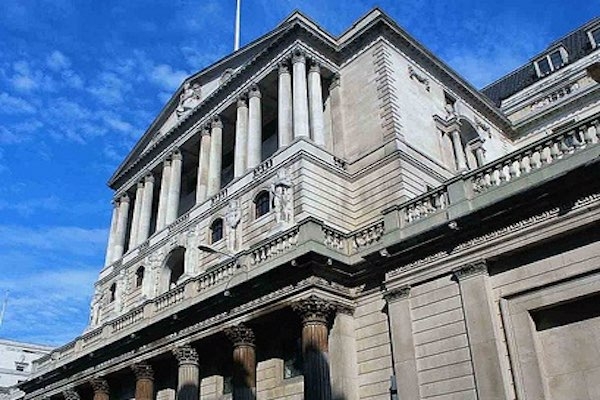The Bank of England’s Monetary Policy Committee cut the bank base rate today from 0.25% to 0.1%.
The emergency cut, the second this month, is being done to help combat a "sharp and large" economic shock to the economy from the effect of the Coronavirus epidemic.
The MPC has also voted unanimously to increase its holdings of UK government bonds and sterling non-financial investment-grade bonds by £200bn to a total of £645bn, financed by the issuance of central bank reserves, effectively adding additional quantitative easing to the bond markets.
Andrew Bailey, the new Governor of the Bank of England, wrote to Chancellor Rishi Sunak informing him of the additional base rate cut and asking for permission for more QE.
Mr Sunak replied in a letter to Mr Bailey: "Your letter explains that in light of actions to tackle the spread of Covid-19, evidence on the global and domestic economy, and conditions in the UK and international government bond markets, the MPC judged further asset purchases financed by the issuance of central bank reserves should be undertaken to enable the MPC to meet its statutory objectives.
"Alongside the actions the Bank is taking today, I reiterate that as Chancellor of the Exchequer I am prepared to take whatever further action is necessary to support the economy through the economic crisis."
The emergency cuts are seen as helping British business to cope with the impact of the Coronavirus by reducing the cost of borrowing.
The previous interest rate cut this month came on the eve of the Chancellor's Budget.
In the Budget and since the Chancellor has since announced a raft of measures aimed at helping small, medium and large businesses.
Prior to the Covid-19 outbreak UK GDP growth had been projected by the Bank to pick up a little in 2020.
The US Fed has also cut rates.

